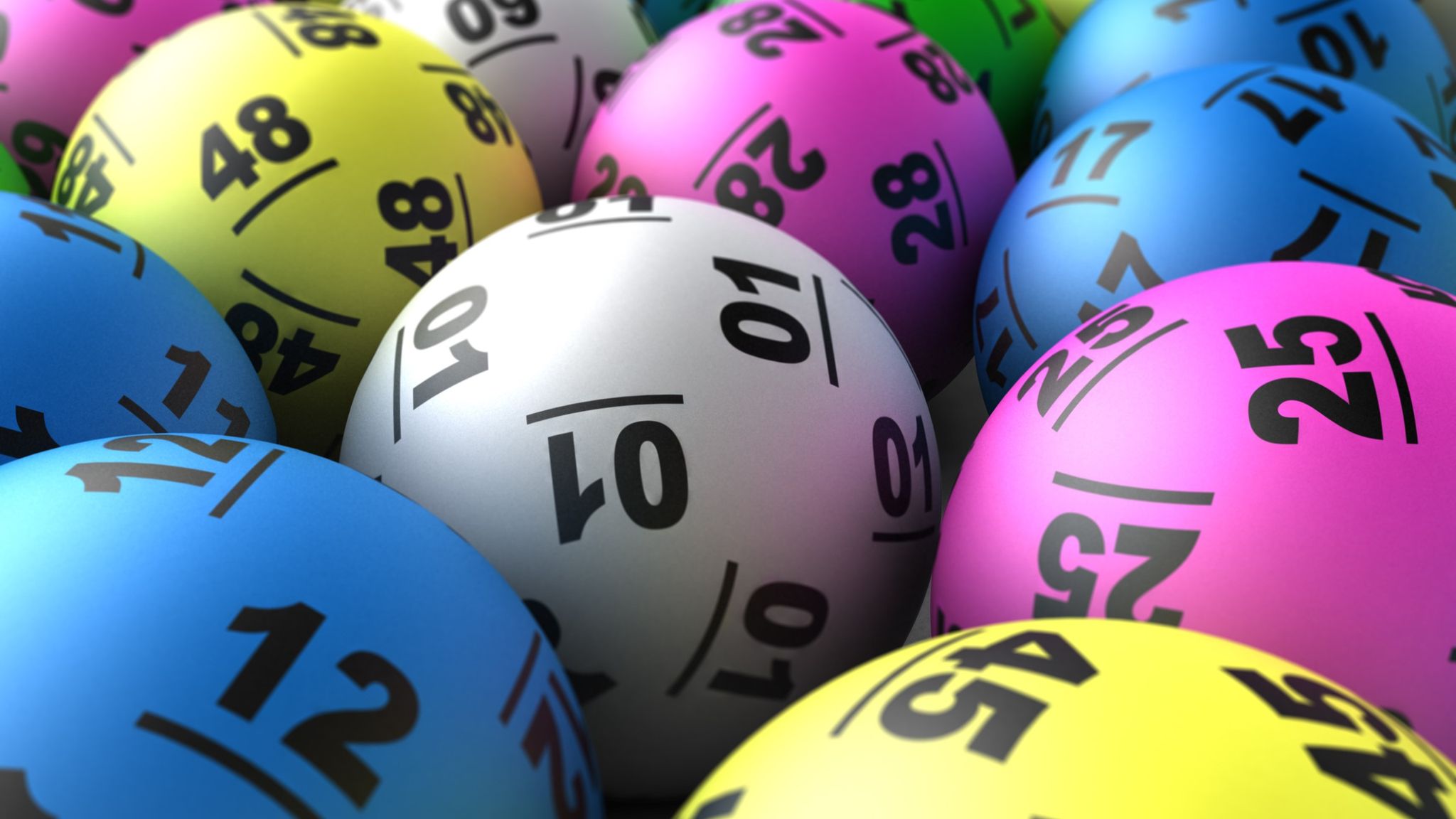
The lottery is a game of chance in which people win prizes based on the drawing of lots. The casting of lots to determine fates has a long record in human history, including several instances recorded in the Bible. Modern lotteries include military conscription, commercial promotions in which property or work is given away by a random procedure, and the choice of jury members from lists of registered voters.
Most players choose their favorite numbers or data sgp those of family and friends. These are known as lucky numbers and they can be a good way to increase your chances of winning. However, you should avoid improbable combinations. This is because the odds of a combination occurring are much higher than the odds of a single number appearing. It is best to play national lotteries since they offer a broader number pool.
It is important to set a budget for purchasing tickets. Lustig advises against using essential funds like rent or food money to buy lottery tickets. He also recommends consistently buying and selecting the same numbers, which increases your chances of winning. However, he cautions against betting everything you have on the lottery, as this could lead to financial ruin.
While lottery games have their place in society, they must be played responsibly. Ideally, you should only use money that you can afford to lose and spend on items that improve your quality of life, such as paying off debt or building an emergency fund. Moreover, you should stay away from quick-pick numbers, as they are the least likely to yield results.